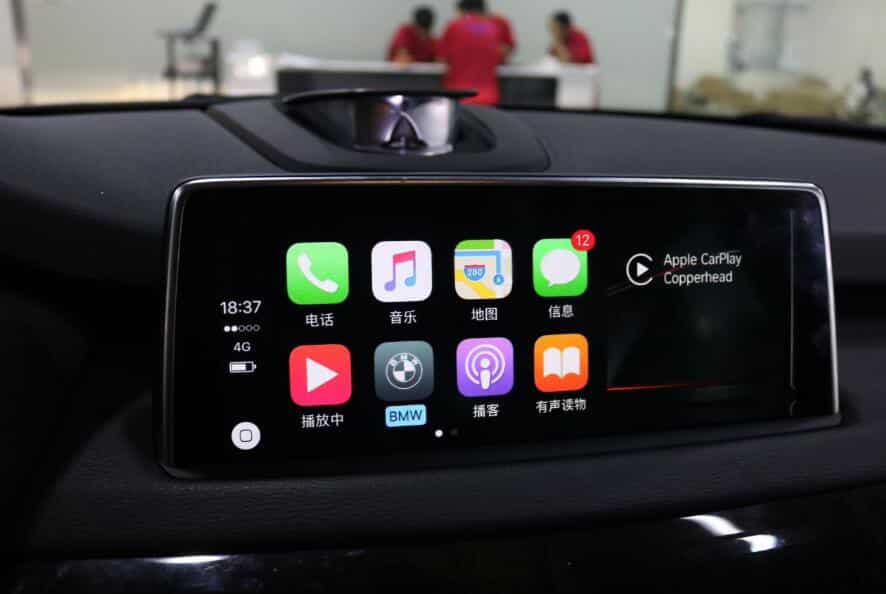A new study of driver behavior shows that Apple CarPlay and Android Auto touch screens have a greater negative impact on driving performance than texting, marijuana use, or driving while drinking (drinking close to the legal level).
Commissioned by IAM RoadSmart, the UK's largest road safety charity, this study put 20 Carplay users and 20 Android Auto users in the simulator and tested them on standard routes three times.
The route is divided into three sections, including rear-following, unstable highway traffic driving, and figure 8 loop driving.
In the first trial, participants performed driving without infotainment systems as controls.
The second was asked to use voice interactions to perform music, radio, navigation, text, and phone call tasks.
The third is required to use touch screen control to accomplish the same tasks above.
Researchers measured participants' driving performance in four areas: speed of hold, lane position, gaze behavior and self-reported performance, and driver response time to external non-driving stimuli.
Unexpectedly, when using the touch screen, the driver's performance in all tests decreased significantly, especially the response time, which was about 53-57% worse.
In contrast, driving at a blood alcohol concentration of 0.08% only increases the response time by 12%, while smoking cannabis increases the response time by 21%.
What is even more surprising is that the use of voice commands does not make things better. In this case, the driver's response time increased by 30-36%, and the response time of sending text messages while driving only increased 35%.
That said, performing tasks through Siri seems to be as bad as texting.
Drivers find it difficult to maintain a constant speed and a constant distance or a lane before the vehicle in front when using a touch screen.
It is worth noting that when using the touch function, the lane position will deviate by about half a meter.
IAM RoadSmart hopes that this research will allow the government to strengthen testing of which products are suitable for consumer cars.
"We're now calling on industry and government to openly test and approve such systems and develop consistent standards that genuinely help minimise driver distraction," said Neil Greig, policy and research director, IAM RoadSmart.
